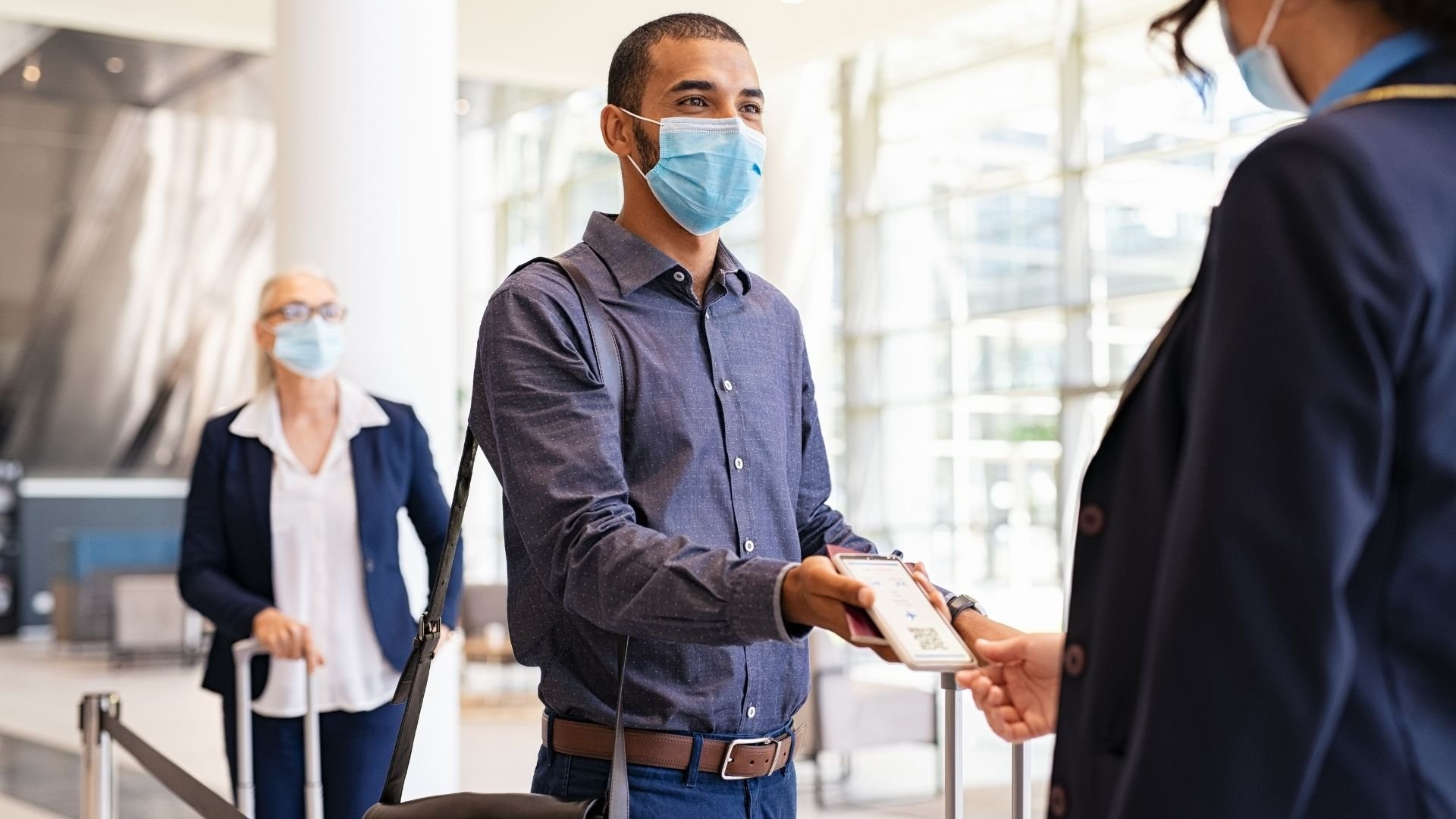
As part of our ongoing initiative to promote employer and employee mental health and wellbeing – and for the thousands of Kiwi workers returning home over the next few months – we’re highlighting excerpts from nationwide and global moving specialists Seven Seas Worldwide’s excellent resource on mental health guidance. View the complete guide at the Seven Seas Worldwide website.

Mental health guidance for those returning home
Understandably, these strict rules have made the process of returning home a lot more stressful. It’s only natural that you might feel anxious or unsure about your return given there’s so much additional information which needs to be taken into account.
Mental health risk factors
Poor mental health can be triggered by a number of different factors. Some of these are commonly associated with travelling. Those that you might need to watch out for include things like:
Separation from those you’re closest to. Being apart from your friends and family, even for a short time, can be challenging. If the shock of being in a totally new culture wasn’t already enough, losing the bubble you’ve become familiar with can serve to compound that issue. You’re leaving the bubble you made abroad, and returning to a totally “new” place. That’s scary.
Physical health while travelling. It’s not totally uncommon for someone to pick up a bug when they travel. Whether it’s because it affects your return, or just the unpleasant feeling of your condition, this can also contribute to a bad mental state.
Disruption of your normal schedule. If you’re someone who likes their routine, packing up your life and starting over could leave you a little lost. In extreme cases this can have a negative impact on your overall mental health levels.
Lack of sleep owing to time zone changes. After you’ve returned, your sleep pattern can take a real hit if you’ve been living in a country in a very different time zone. This can leave you feeling fatigued, irritated and stressed.
Keeping these factors in mind before you travel gives you the chance to prepare for the worst and combat it if it does happen.
Integrating back into your home country
Arriving home might be an exciting feeling – but what comes next? It may be the case that you’re not sure just how to fully immerse yourself in the culture of your homeland again. If that’s the case, follow this advice:
Be proactive with friends and family. Don’t sit around and wait for people to get in touch with you. Take the first step by reaching out and asking to meet up with people you know. You have to remember that people have had entire lives set up without you in it (regularly) anymore. That means you might need to be proactive and plan things well in advance to make sure they have time for you – at least for the first month or so.
Prepare for a culture shock. We’ve already discussed the impact reverse-culture shock can have. Try pre-empting this by working out what kinds of things are likely to be different between your old and new home. For example, dinner might be slightly earlier or later on average, or shop opening times could be a little off from what you’re used to. The more you know, the easier it’ll be to adjust.
Blend old and new. Just because you’ve returned to your homeland doesn’t mean you need to instantly pick back up where you left off. Make sure to do the things you enjoyed before, but don’t be afraid to try new things as well. You aren’t the exact same person you were when you left, so it’s only natural your life will be different now.
For information on how capability building programmes, workshops and advisory can help your business, click here.
For more business ownership and leadership advice, check out more of our blogs.
Icehouse Alumni? For more Icehouse content head to Icehouse Central and register now. Follow this link.


